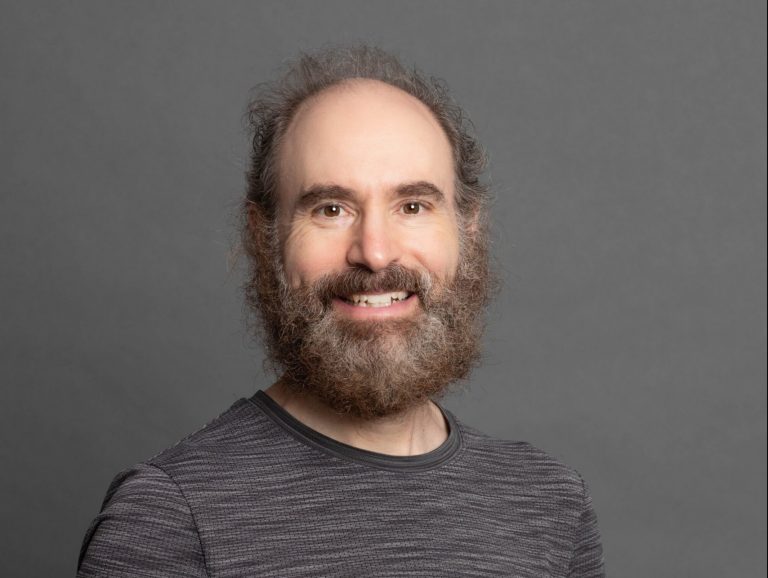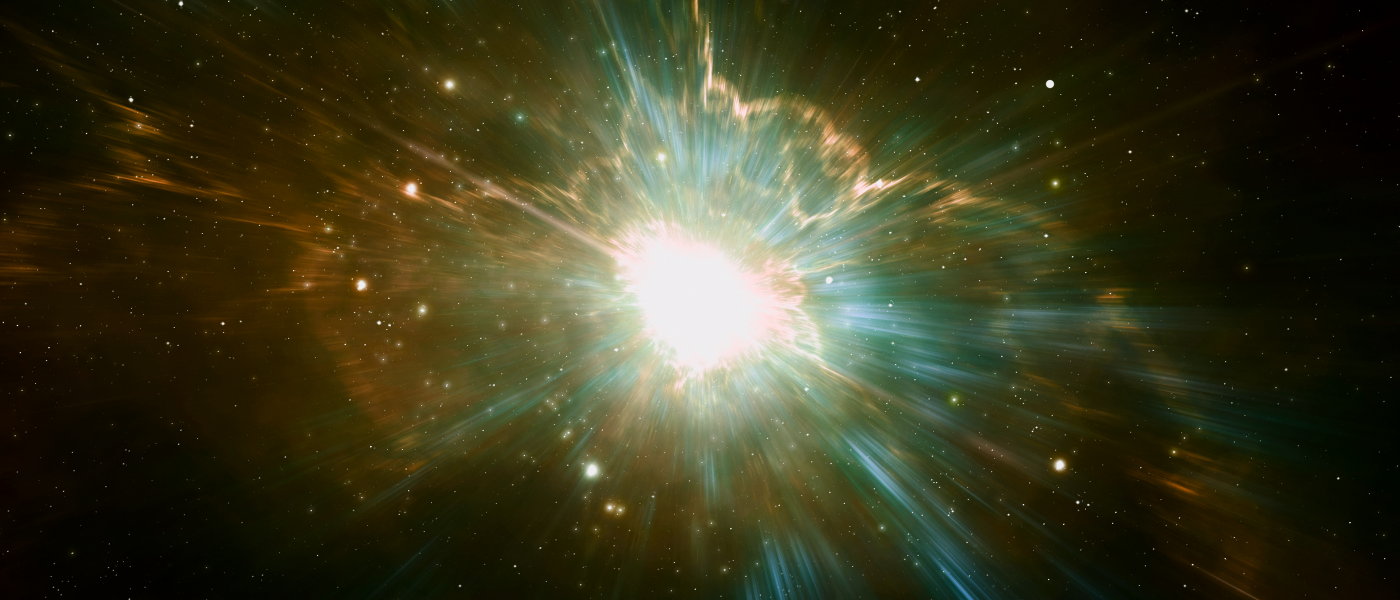About the Origins Institute
The Origins Institute focuses on some of the most-interesting and most important questions in science: How did space-time begin? How did elements materialise? How did stars, galaxies and planets form? How did life emerge on Earth, and has it also emerged on other planets? How did humanity arise? What processes account for the diversity and disparity among organisms? How does bioelectrical activity give rise to perception, cognition, and consciousness? These questions are multifaceted, and a transdisciplinary approach is required to address them.

Director, Origins Institute
Message from the Director
Since its founding in 2004, the Origins Institute has adopted a transdisciplinary approach to exploring fundamental questions about the universe. Research is conducted by faculty members, postdoctoral researchers, graduate students, and undergraduate students from academic units in multiple faculties at McMaster University, in collaborations with other institutions across Canada and around the world.
During the first period (founding Director Ralph Pudritz & Associate Director Jon Stone, 2004-2015), the institute organised its activities with 6 origins themes: space-time, elements, structures in the cosmos, life, species & biodiversity, and (humanity later changed to) consciousness.
In 2013, the Origins Institute launched the first graduate program in astrobiology in Canada. The Collaborative Graduate Program in Astrobiology involves five academic units and six graduate programs in the Faculty of Science and provides students with training and research opportunities in this bourgeoning field.
During the second period (Director Paul Higgs & Associate Director Maikel Rheinstadter), the institute focused on the prime research directive astrobiology, identified following the first major meeting hosted by the institute (Astrobiology & the Origin of Life), in 2005.
During the current, third period, the institute is engaging in a constructive complementarity, maintaining a focus on astrobiology while expanding gradually among the original themes.


